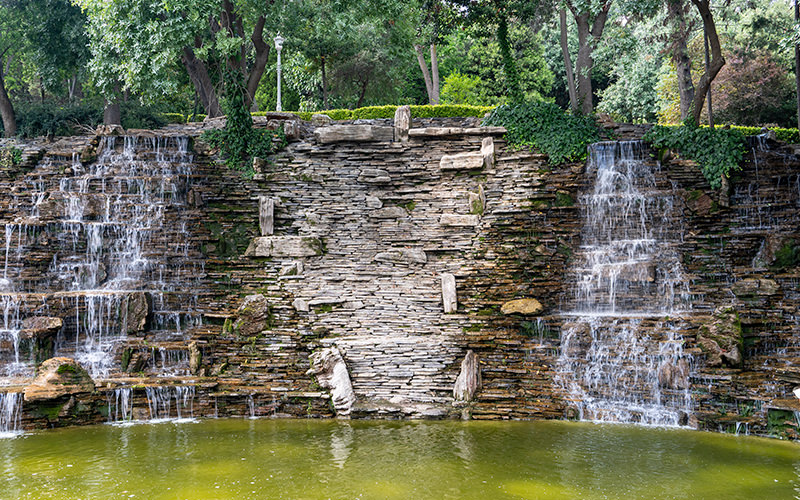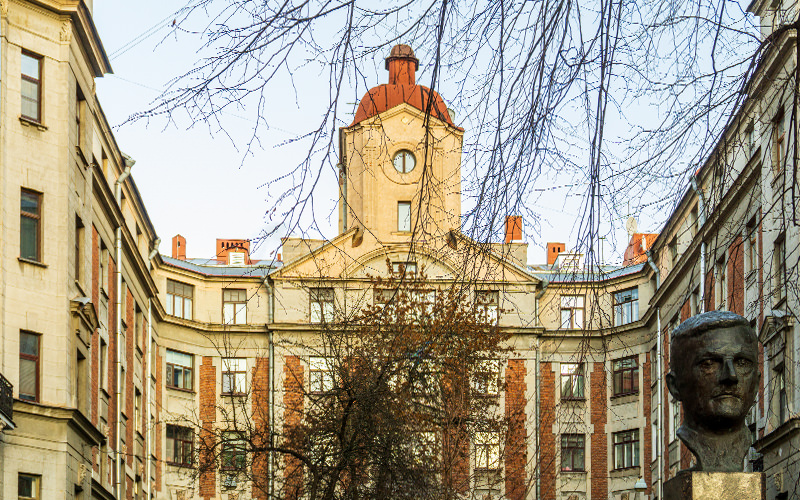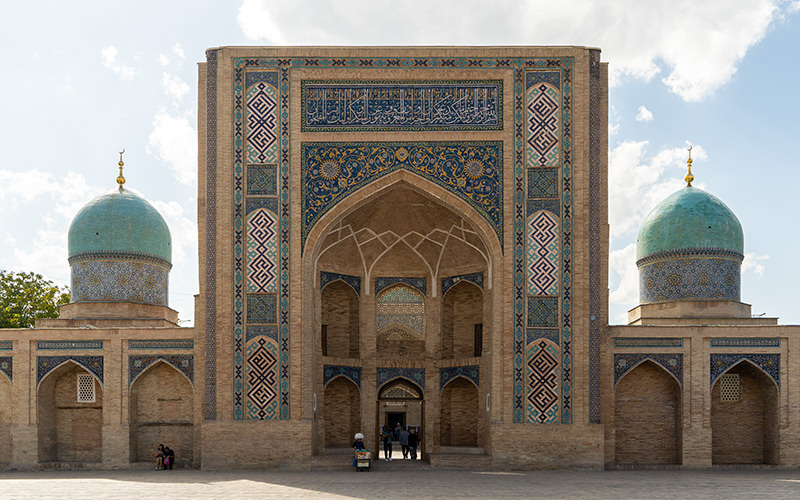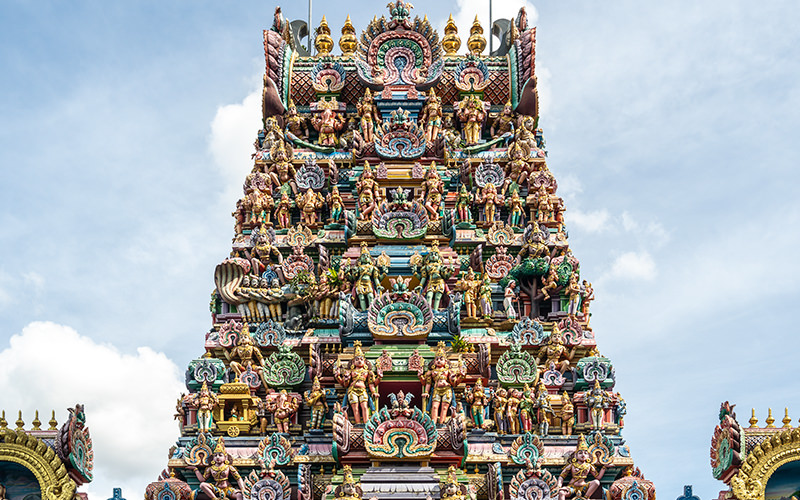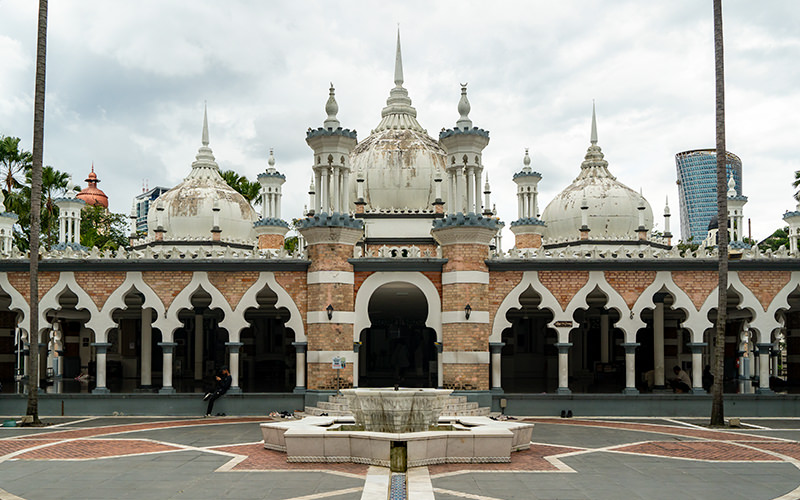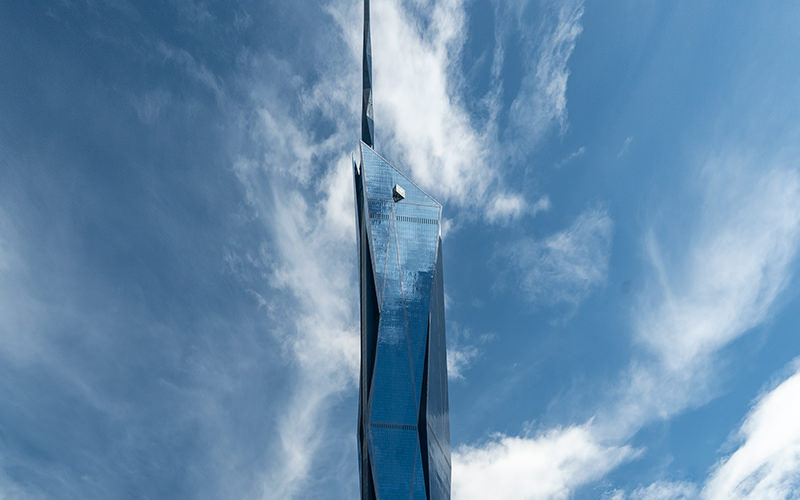After visiting Kuala Lumpur’s main attractions—the Petronas Towers and Central Park—I went for a walk through the botanical garden and the massive bird park. While Kuala Lumpur is already a very green city, visiting these places allows you not only to relax among vibrant vegetation, but also to observe the lives of its many feathered inhabitants.
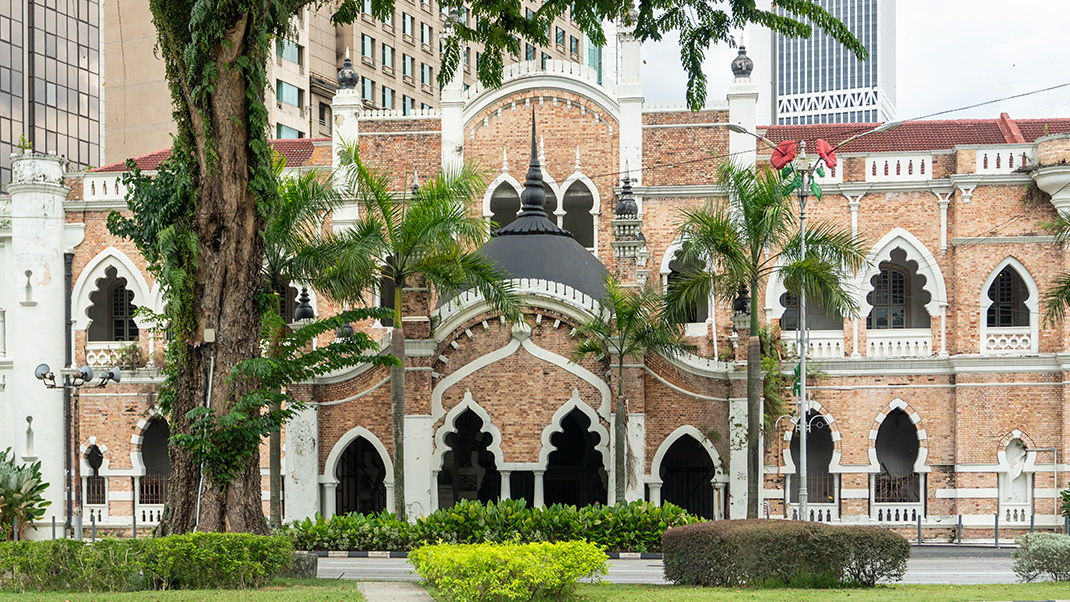
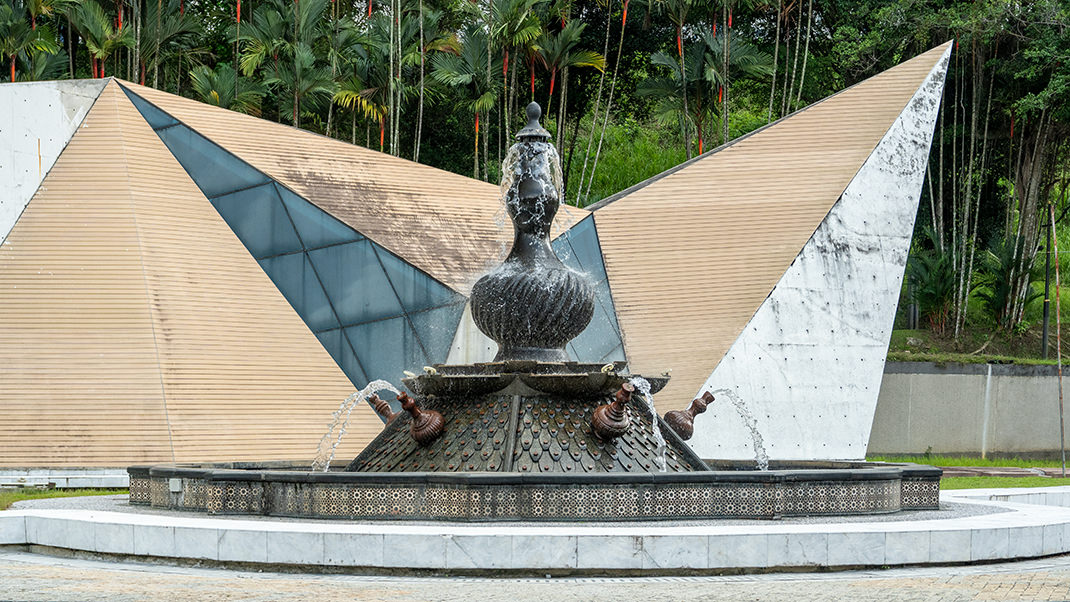

Perdana Botanical Garden
For some reason, the official website of the botanical garden wasn’t working at the time I was writing this article, so I couldn’t find official information. According to Wikipedia, the botanical garden was founded in 1888 and covers an area of 91.6 hectares.
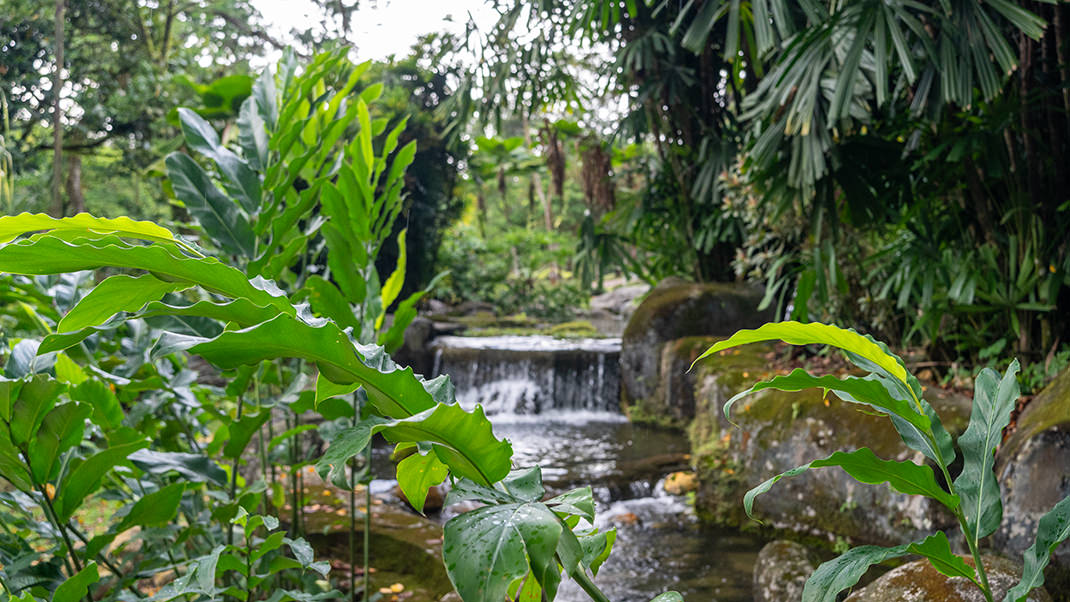
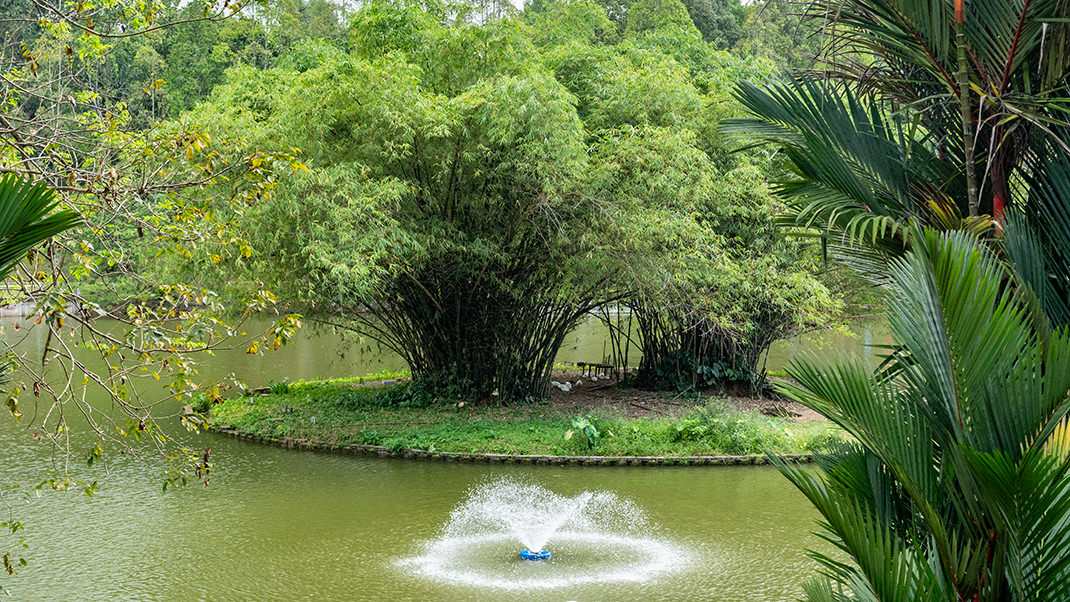
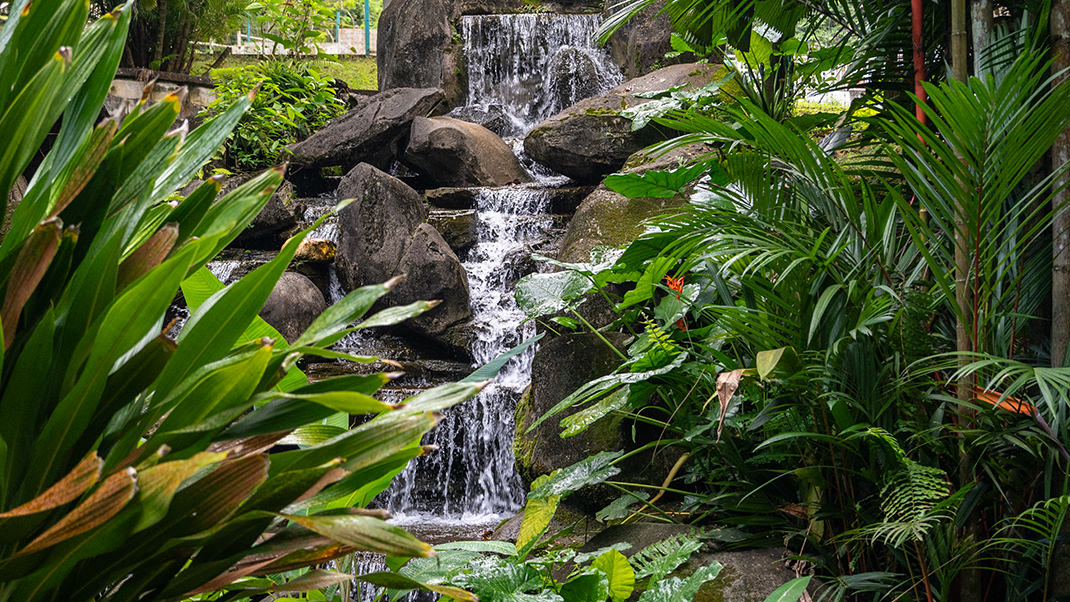
The garden features a wide variety of plants, several ponds and streams, and is quite a pleasant place to be on a hot day. Still, I can’t say that anything about it stood out particularly. Perhaps one unique feature compared to other botanical gardens was a small area where deer live. Visitors can observe them from a special bridge that runs above their enclosure.
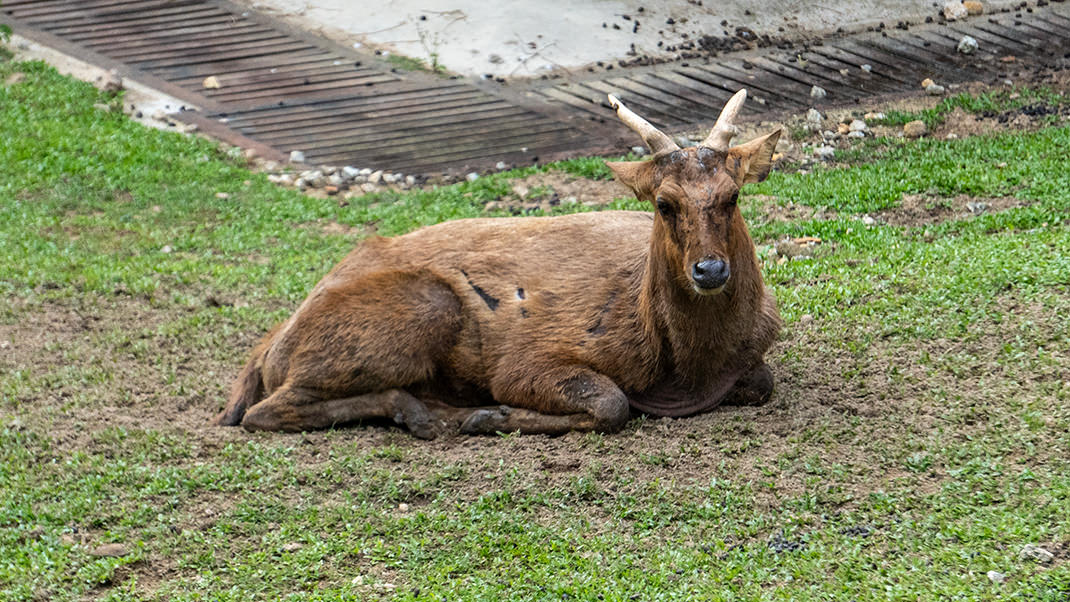
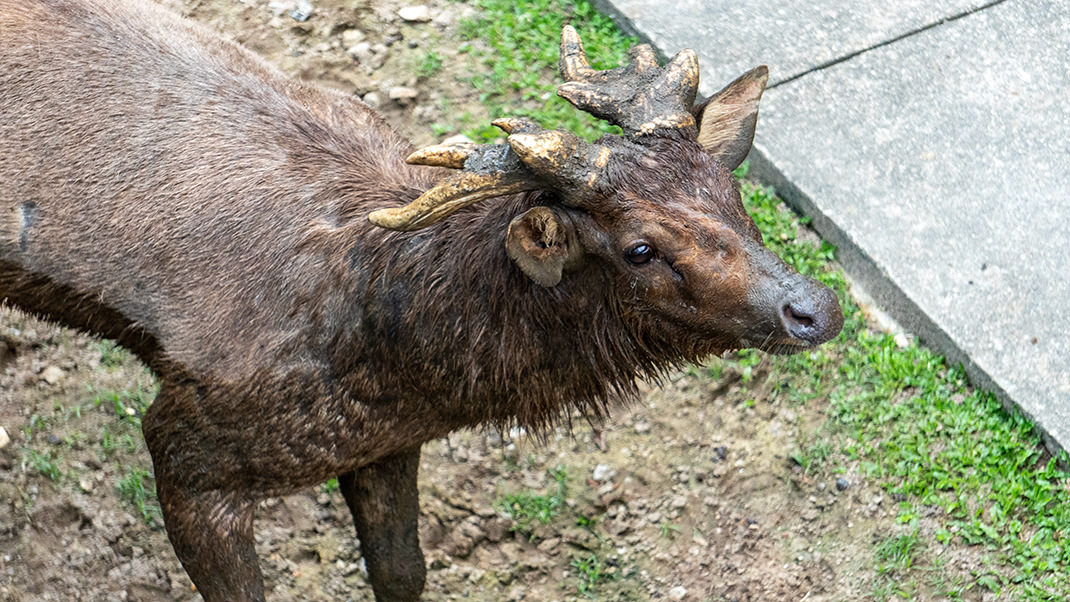
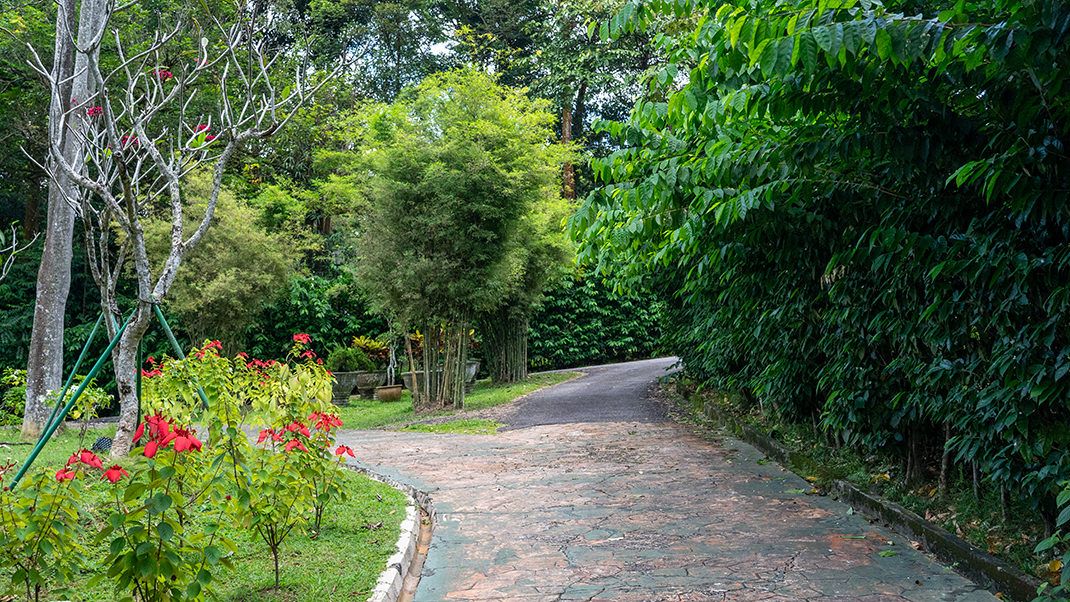
I approached the park from the direction of the Twin Towers. I found conflicting information on how best to get there, but I decided to go to Masjid Jamek station and then walk to the botanical garden. The metro ride cost 1.7 ringgit, and the walk took about 20 minutes, during which I passed several city landmarks.
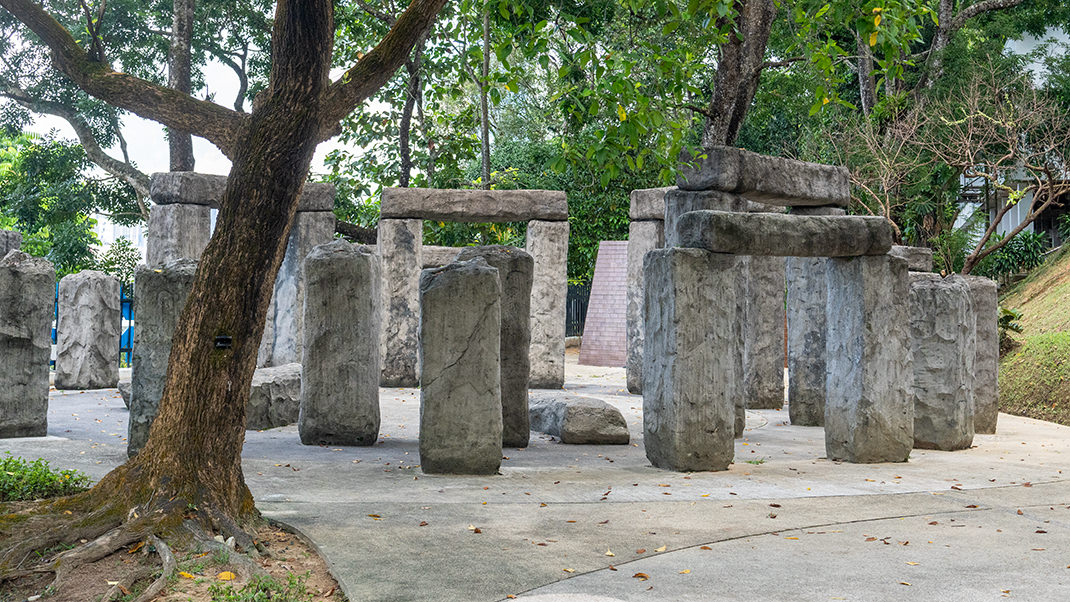
Kuala Lumpur Bird Park
After walking through the botanical garden, I headed to the Bird Park, located just east of the main garden grounds. Covering an area of 8.5 hectares, the park is home to 3,000 feathered creatures.
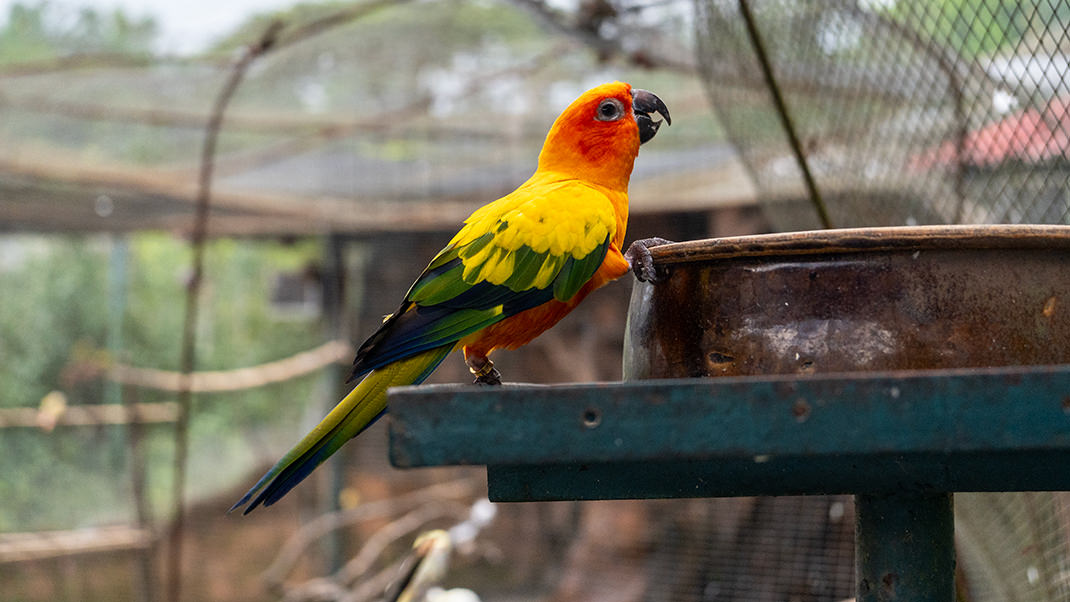
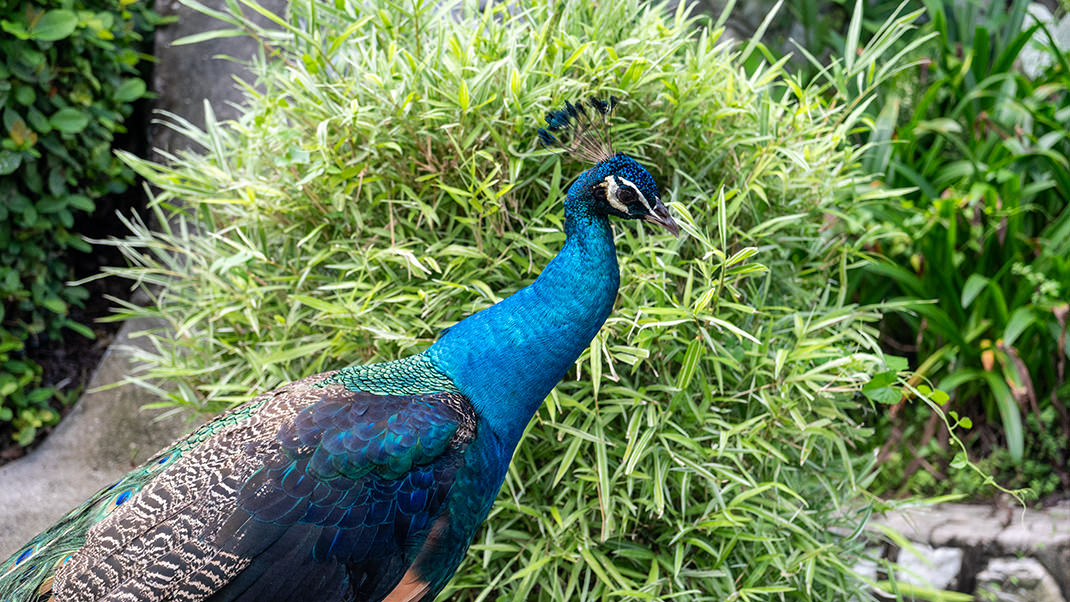
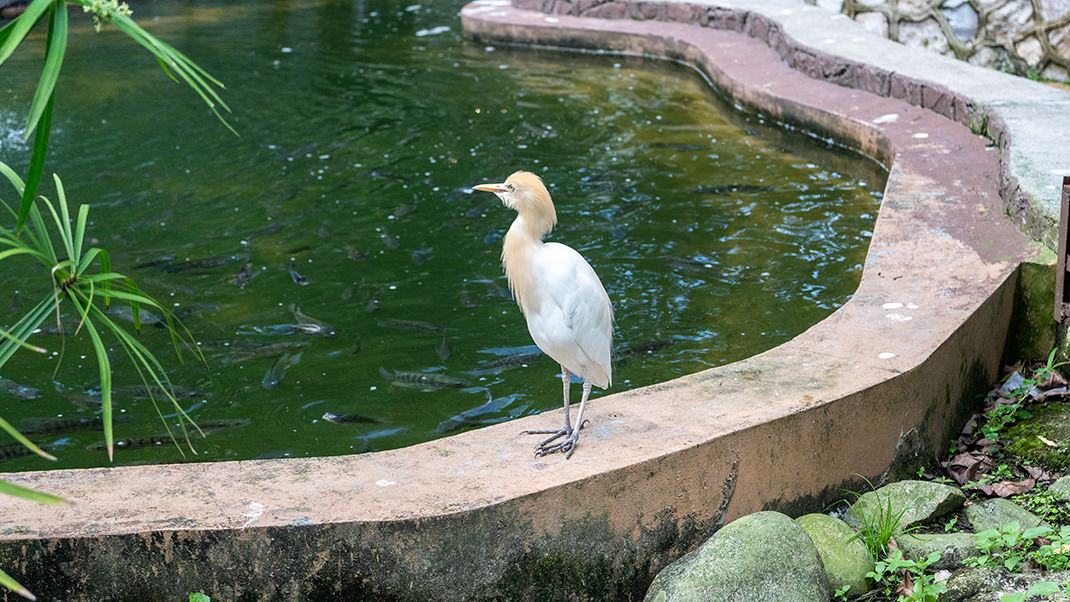
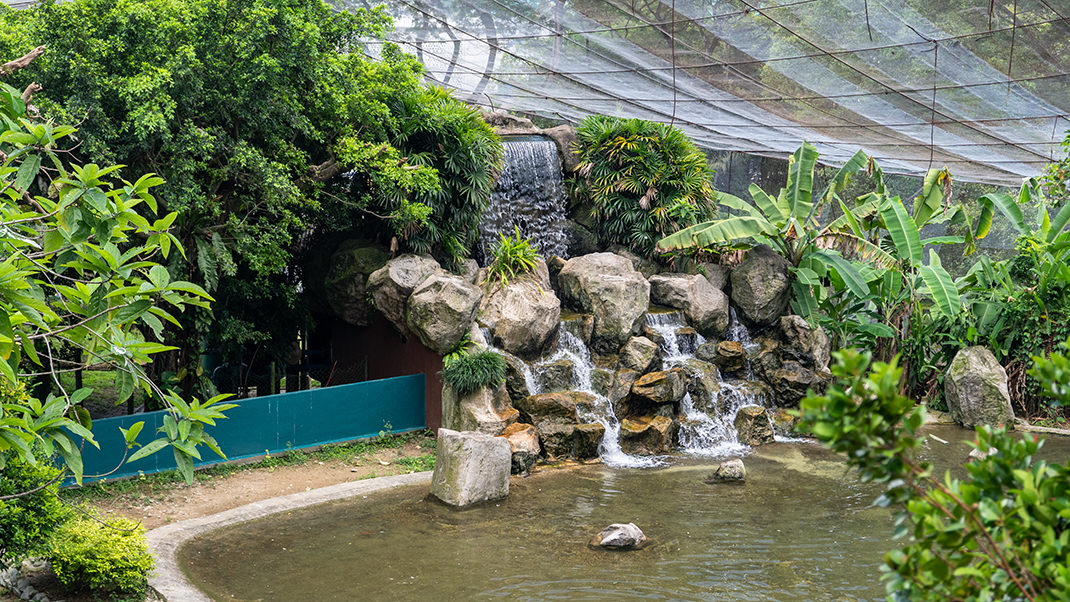
The Kuala Lumpur Bird Park is often called the world’s largest free-flight walk-in aviary, where birds can move freely throughout much of the park. That said, this doesn’t apply to every zone—some birds are housed in enclosed cages—but in the other sections, visitors can experience a more natural bird habitat.
In the far end of the park, near a large pond, there is an amphitheater where bird shows are held. Entrance to the shows is included with your ticket, although, as far as I understood, they only happen at certain times. I couldn’t find a schedule for the shows on the official website, but they do have a timetable for animal feedings, for example.
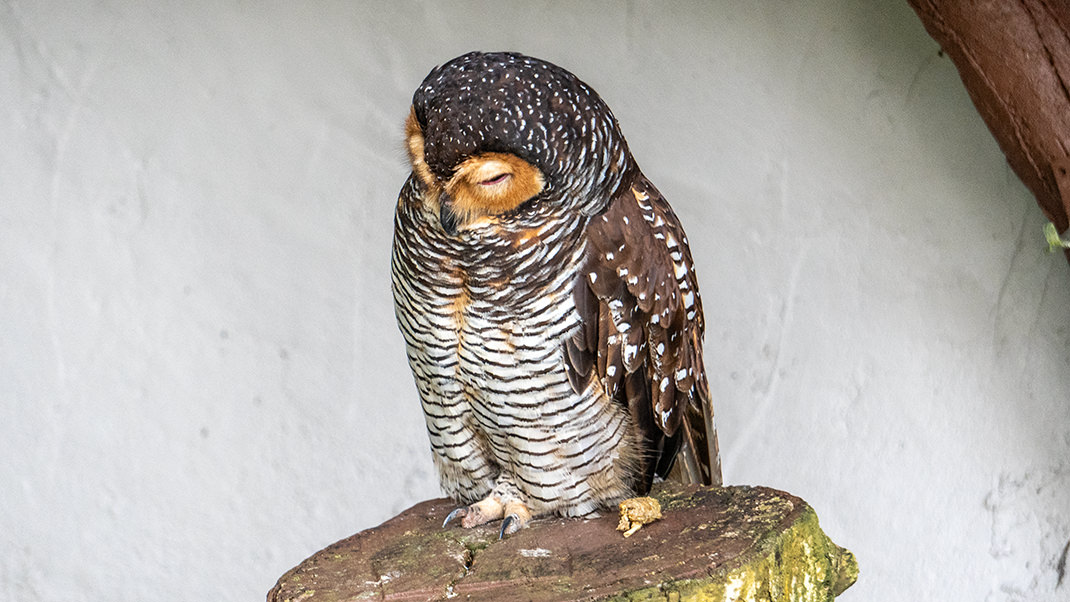
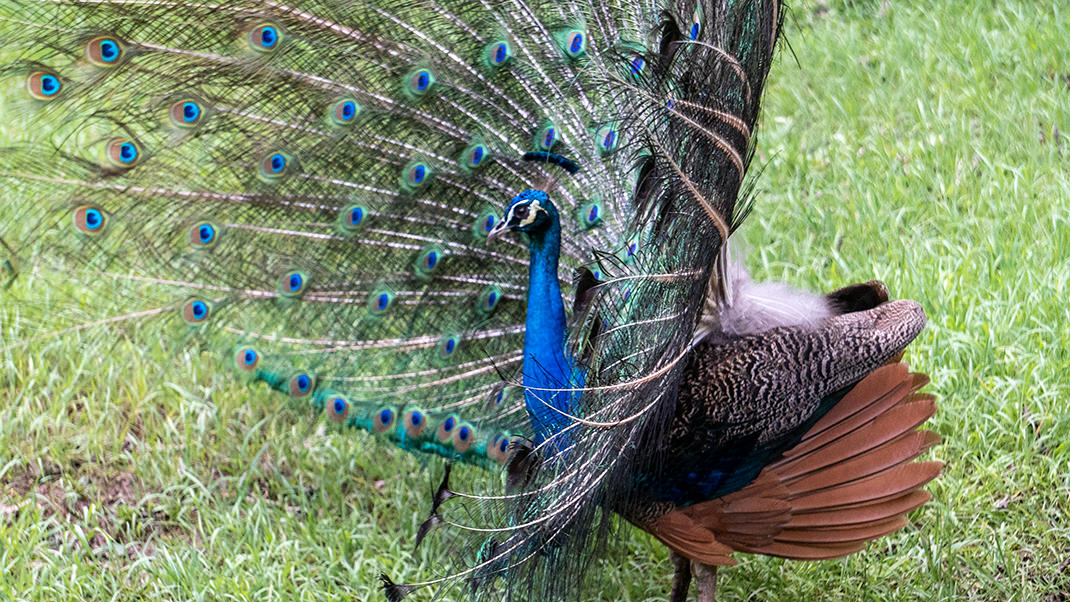
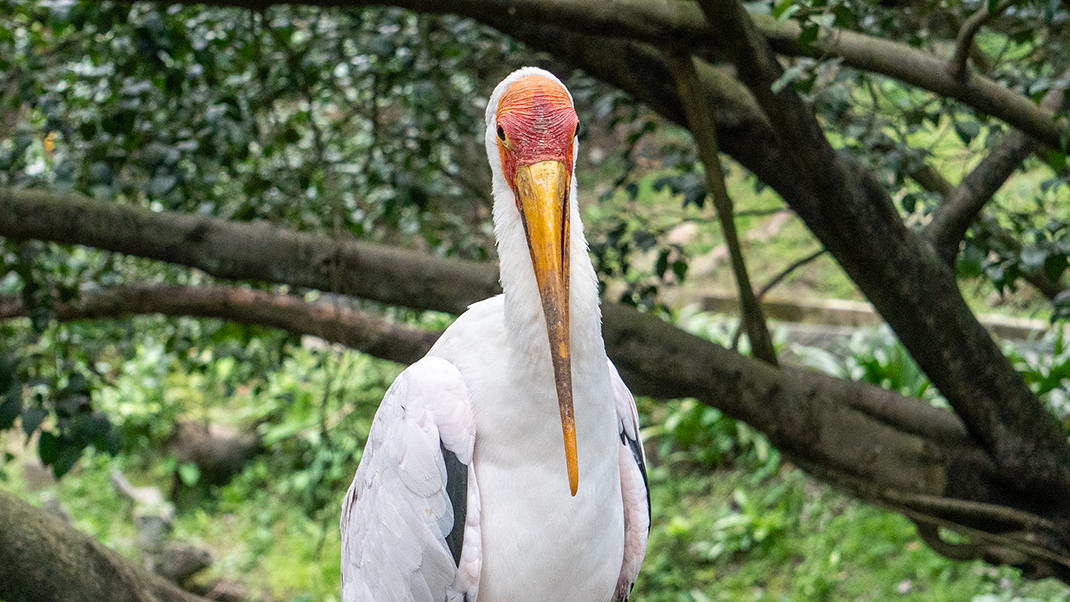
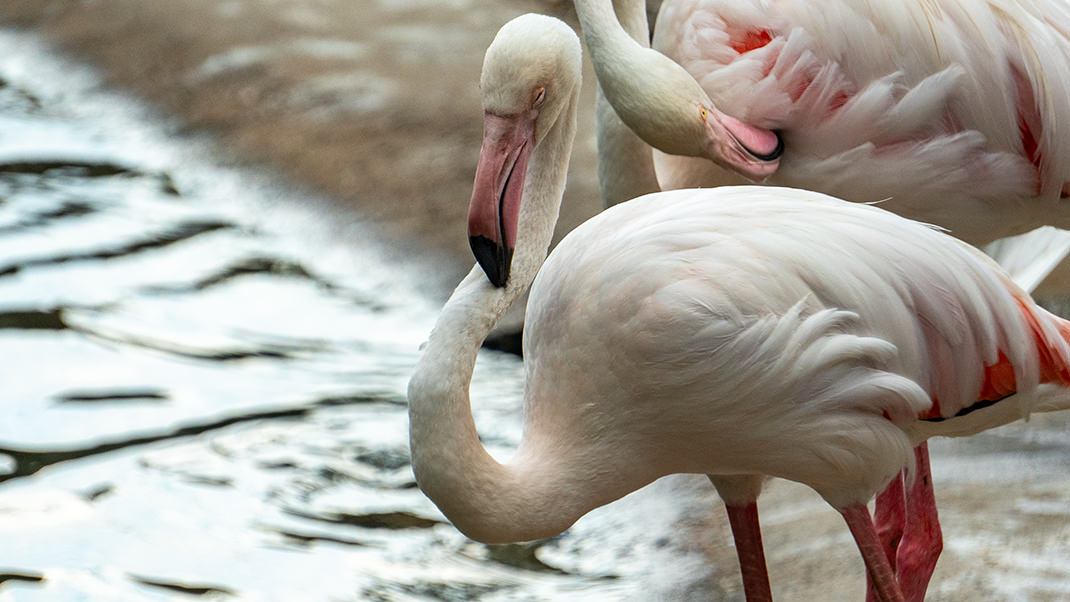
As of July 2025, admission to the Bird Park costs 90 ringgit for adults and 70 ringgit for children. You can pay in cash or by international bank card. Note that restrooms in the park require a small fee.
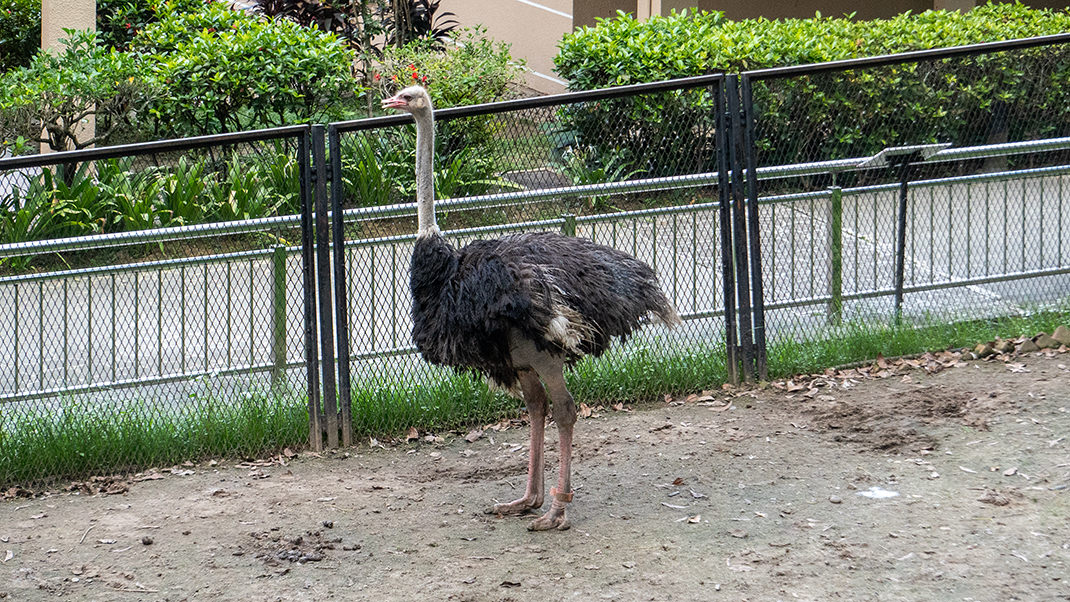
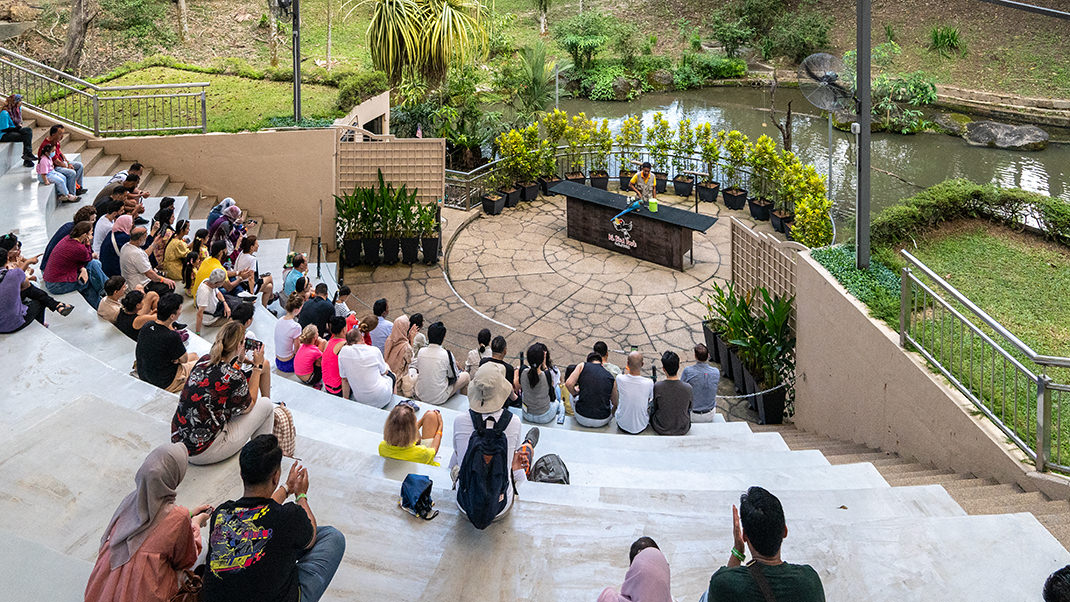
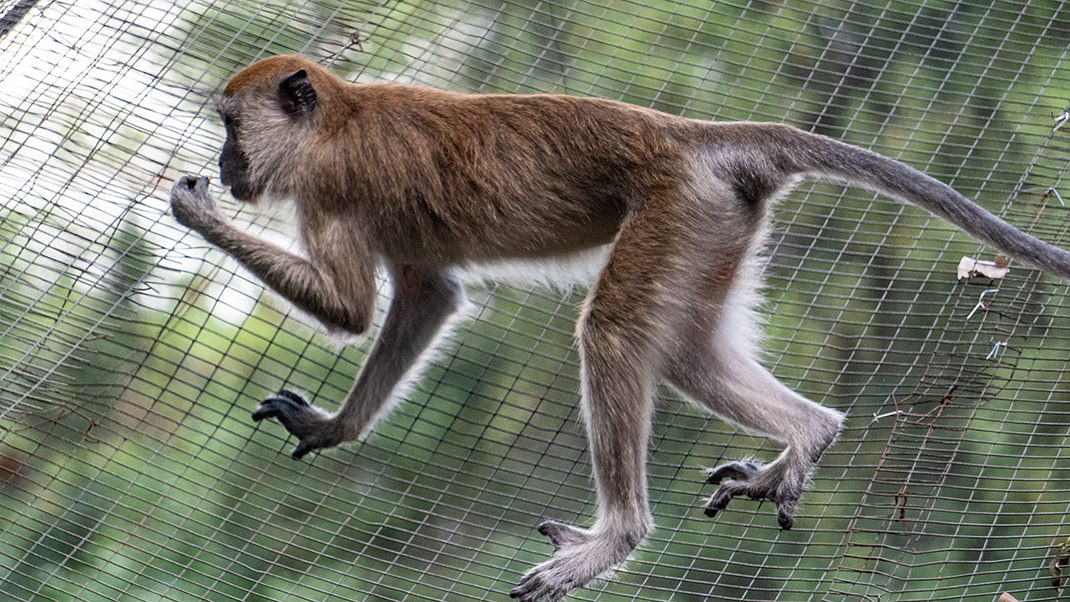
Next time, we’ll explore Thean Hou Temple—one of Kuala Lumpur’s most vibrant architectural landmarks.
Have a nice trip!


